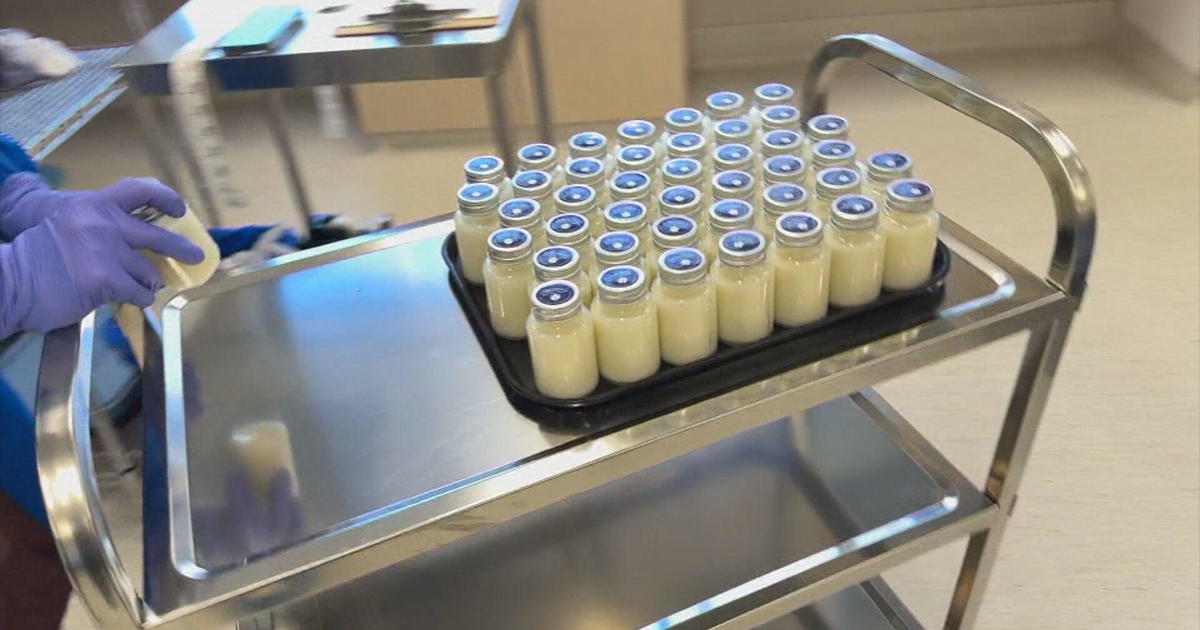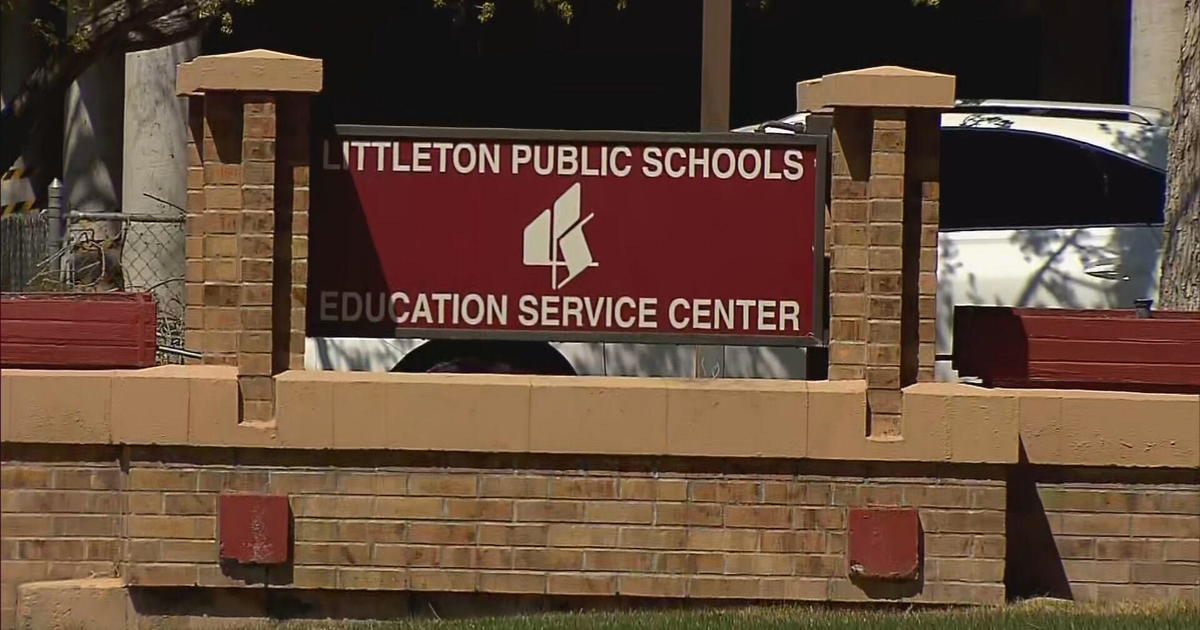Colorado Begins Controversial Teacher Grading System
DENVER (AP) — The video shows a 4th grade music teacher leading her pupils through four-beat patterns with a rest. Two dozen judges are watching, grading how well she's engaging students and leading the lesson.
None of the judges is a music teacher. They're school administrators learning how to evaluate educators in a discipline not their own. It's no easy task, and as Colorado prepares for statewide implementation of standardized educator effectiveness ratings, it's the kind of thing schools are going to be doing in every classroom.
Colorado adopted a statewide teacher-grading system three years ago, a rating that sorts educators from "highly effective" to "ineffective." Teachers with too many consecutive low ratings could lose tenure, while new teachers and those on probationary status will need passing marks before achieving tenure, or non-probationary status.
After three years of development and pilot tests, the effectiveness ratings begin for all 178 Colorado school districts this fall. The stakes are high, and many teachers in Colorado aren't exactly sure how it will work.
"There's massive anxiety about it," said Stephanie Rossi, a social studies teacher at Wheat Ridge High School in Jefferson County, the state's largest school district. "Are we ready for it? No, because we don't know what it is."
The teacher and administrator ratings will be 50 percent based on student test scores. The rest of the rating is based on evaluations from school administrators and other teachers in the same field, who will grade teachers on everything from how they use technology in their lessons to how they respond to pupils who don't understand certain instructions or terminology. Student feedback is also a factor, with children getting to weigh in on how their teachers are doing.
Back in Denver, the teacher evaluators were training in how to make sure they arrive at similar ratings, even in a subject area they've never taught. The evaluators reviewed guidelines after seeing the music video, then raised fingers to show how they would have rated the example lesson.
"What did you guys get? Fours? Fives? OK, let's look at the exact evidence," said Danielle Ongart, who is leading the training for Denver Public Schools.
The administrators reviewed the lesson. Did students learn the pattern, or just mimic the teacher? How did the teacher monitor student progress? Was the lesson adjusted based on how the pupils responded? The evaluators went through pages of detailed benchmarks to decide a final rating.
The goal of the exercise was to make sure observations result in similar scores for the teachers, regardless of who is observing them.
DPS started rating all teachers last year, but the ratings don't start counting toward tenure until this school year. By the 2014-15 school year, teachers rated "ineffective" risk losing tenure. Struggling teachers are supposed to receive extra help to improve student outcomes.
State education officials say they're helping smaller districts adjust to the new teacher rating scheme. But resources are scarce, and schools are still climbing back to budget levels they had before the recession.
Denver has received several million dollars from the Bill and Melinda Gates Foundation and has its own rating system that complies with statewide requirements. However, many districts will be using state templates or writing their own to gauge teacher effectiveness.
Kathy Anthes, who is leading implementation of the educator effectiveness evaluations for the Colorado Department of Education, said state districts will be ready. But she conceded the change won't be without headaches.
"We have the tools and templates and technical assistance to help schools make the change. But I will say, this is a big change," Anthes said.
State education officials are hoping that within a few years, teachers will embrace the ramped-up evaluation process as a chance to become better at their profession.
They have reason to hope. Denver physical education teacher David Weiss at Slavens K-8 School said the new evaluation process is a boon for electives teachers who don't have test scores to point to, or administrators who know his field.
"Since this all started, I've had conversations about my instruction that I haven't had before. The conversation was much easier to have, and it's nice to have a clear framework," Weiss said.
Rossi, the Jefferson County social studies teacher who hasn't gone through evaluations yet, said teachers are optimistic they'll have an experience like Weiss. Rossi was an outspoken critic of the evaluation law that was adopted in 2010, but she said she's optimistic it will result in better experiences for students.
"It was a poorly written law, but once it was law, teachers rose to challenge and said, 'What are we going to do, how are we going to implement it?'" Rossi said. "So I've noticed a lot more intensive conversations about classroom teachers. Not that those conversations haven't been going on all along. But I've seen more commitment."
By Kristen Wyatt, AP Writer (© Copyright 2013 The Associated Press. All Rights Reserved. This material may not be published, broadcast, rewritten or redistributed.)



